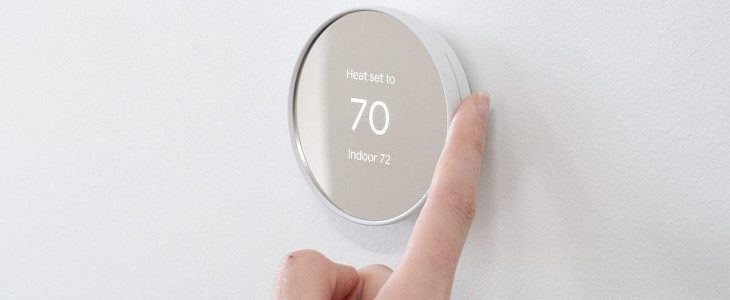
Before 2021 ends, one will be able to do something they have never done before: instantly, comfortably, and — get this — directly integrate Google products into Apple's HomeKit ecosystem. Alternatively, they might be able to incorporate Google Home devices into their Amazon Alexa-controlled smart home. It'll also function the other way around, connecting previously incompatible devices to your Google-based ecosystem, such as Amazon's Ring doorbells, Blink cameras, and the like.
There are no clumsy workarounds or third-party services like IFTTT to fill the void. You, your smart home devices, and the smart home network of your choice, all in perfect harmony.
Thanks to Google's implementation of a new networking standard named Matter, contact between Google-made devices and rival companies' smart home ecosystems and products would gradually open up, according to Google (formerly known as Project CHIP).
Apple's HomeKit, Amazon's Alexa, Samsung's SmartThings — includes devices and services from Signify's Philips Hue, Comcast, Huawei, and others that are among the "other networks" included in Matter's partner list.
According to the blog post, All Nest displays and speakers, such as the Nest Hub and Nest Mini, will be automatically modified to power Matter devices. Additionally, it will be upgraded to the newest Nest Thermostat to help Matter, allowing it to be managed for the first time on other Matter-certified platforms.
In an interview with CNET, Google Senior Project Manager Kevin Po confirmed that if a user wishes to have it set up and interoperate with another network, we will help them.
When will this brave new future be fully realized? According to the Connectivity Standards Alliance, which established the Matter standard, it won't be until later this year or even early 2022. However, plans have already begun.
Matter is on Google's mind already
Google, in particular, has a head start on the competition on this one. The company has outlined some of its steps — or will take soon — to get its Google Nest smart home devices and Android mobile operating system ready for Matter's premiere.
For instance, not only will all current Google Nest smart speakers and displays be updated to power Matter devices, but some of Google's more capable devices will also act as link points or hubs.
In essence, the Nest Wi-Fi router, the most recent Nest Hub, and the flagship Nest Hub Max will use a technology Google helped create called Thread, which is part of the Matter standard, to connect to other Thread-enabled devices in a way that's faster and more reliable than Wi-Fi alone.
Thread is ideal for low-power mesh communication that is both efficient and scalable, according to Po. Most mobile devices, however, are unable to communicate directly with Thread devices. Supposing one needed their phone to work with a Thread device, Po continued. To have the connection, they will need a special form of Thread system that can sort of bridge between Wi-Fi and Thread. These connection points play a pivotal role.
Google has revealed the following significant advancements:
- A new smart home directory has been launched, which includes a list of Hey Google-compatible smart home devices as well as Google Assistant Actions, or commands that Google's digital voice assistant can execute.
- Support for WebRTC, an open-source communication protocol that, according to Google, improves audio and video streaming between doorbell and security cameras, TVs, smart displays, and mobile devices by reducing latency.
- More expansive routines for Home & Away Routines options, including the ability to automate Nest cameras and thermostats, as well as smart lights, sockets, and switches, depending on whether or not someone is at home.
Google plans to integrate the Matter standard extensively into its Android smartphone operating system in the future. The aim would be to reduce the setup process for Matter-certified smart home devices to just a few clicks and provide ways to monitor new devices without downloading additional software instantly.
With Android, they will integrate Matter features into Google Play services, making it essentially an app that other Android users can set up.





